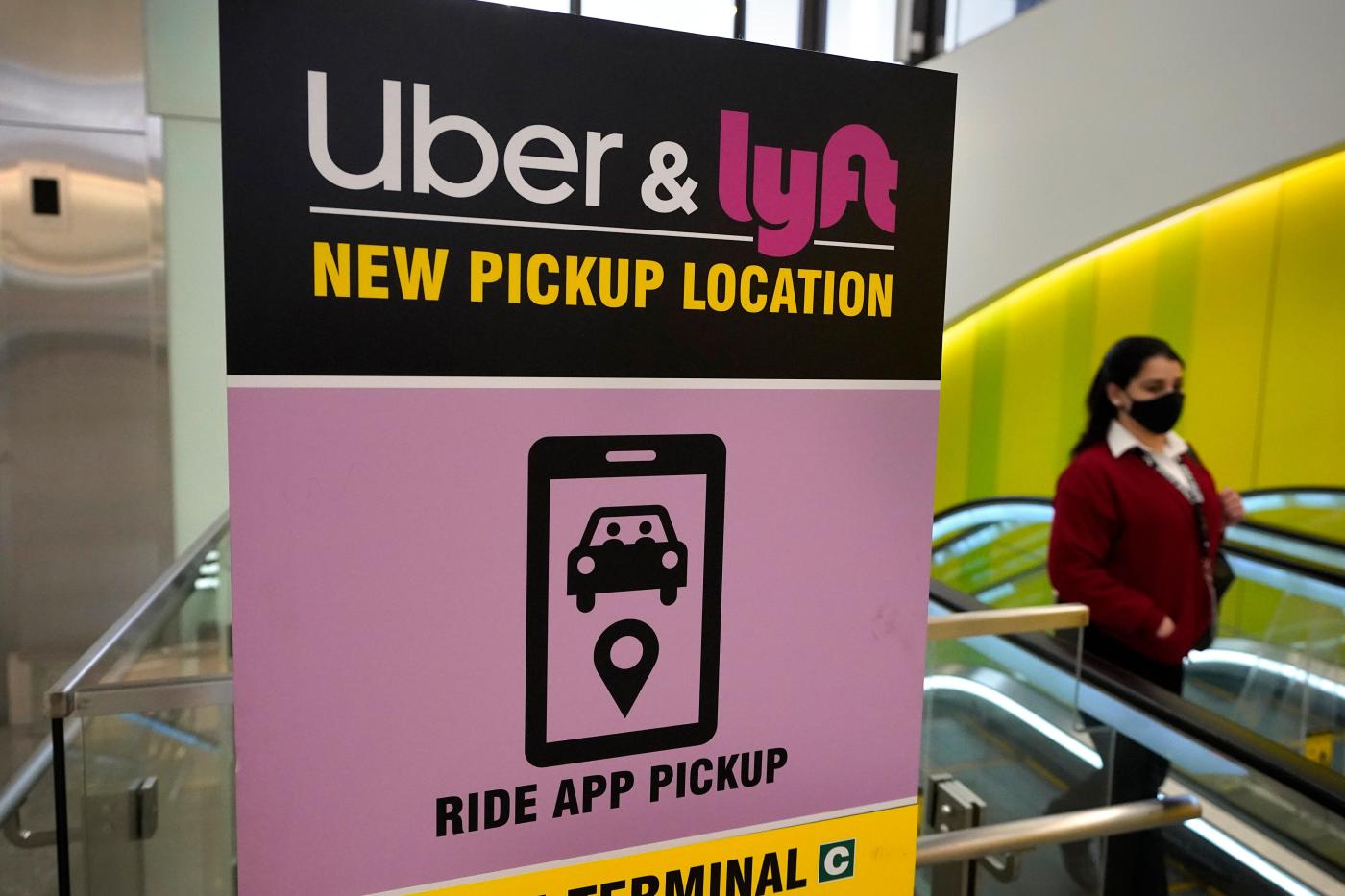
Greszler: Rideshare roadblocks could destroy Uber & Lyft
The rideshare industry works because it provides two crucial things: on-demand rides for customers, and flexible employment for drivers.
Unfortunately, a ballot measure just approved by Massachusetts voters may mean the end of the road for this successful operation — at least as we know it — because it will take away drivers’ independence and turn union leaders and government officials into backseat drivers.
The newly-passed ballot measure “provide(s) transportation network drivers the option to form unions to collectively bargain with transportation network companies regarding wages, benefits, and terms and conditions of work.”
The plain text would appear to give drivers the right to vote in a union election, with the assumption that at least 50% of drivers would have to vote in favor of the union for one to form. But according to the law, no election is necessary to unionize, nor would a majority of drivers have to support it.
Rather, if a Driver Organization (a union) obtains the signed authorizations of as few as one out of every eight drivers, the state Employment Relations Board can “designate a Driver Organization as the exclusive bargaining representative for all Drivers.” Thus, 100% of rideshare drivers in Massachusetts could be forced into exclusive union representation without a single vote being cast, and with a mere 12.5% of rideshare drivers authorizing a particular union to represent them.
So why would this matter?
Consider why ridesharing platforms work so well: They’re built on real-time market demand. They match drivers with riders instantaneously and respond to surges in demand through dynamic pricing that incentivizes more drivers to enter the platform by raising ride prices.
Unions, by contrast, lock workers and employers into minimum three-year contracts. And while drivers can freely enter and exit rideshare platforms at any time, unions impose strict schedules that can lead to forced overtime.
Most people desire some flexibility in their work schedule. Others prioritize flexibility over everything else and wouldn’t be able to work at all if they couldn’t control their schedule. According to the Freelancing in America report, more than half of the roughly 64 million Americans who performed independent work in 2023 said that they can’t work for a traditional employer because of their own health condition or their family caregiving needs.
And unions’ compensation demands would almost certainly drive up the cost of rides for customers, and their “worker protections” could limit access to ridesharing in some communities.
Higher prices and limited access could particularly harm low-income individuals and families who don’t own cars.
Instead of eliminating a style of work that appeals to many people and that expands access and affordability of goods and services to others, the focus for expanding good jobs should be on removing government-imposed barriers to their creation.
Rachel Greszler is a Senior Research Fellow in workforce and public finance in the Roe Institute at The Heritage Foundation/Tribune News Service

